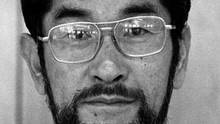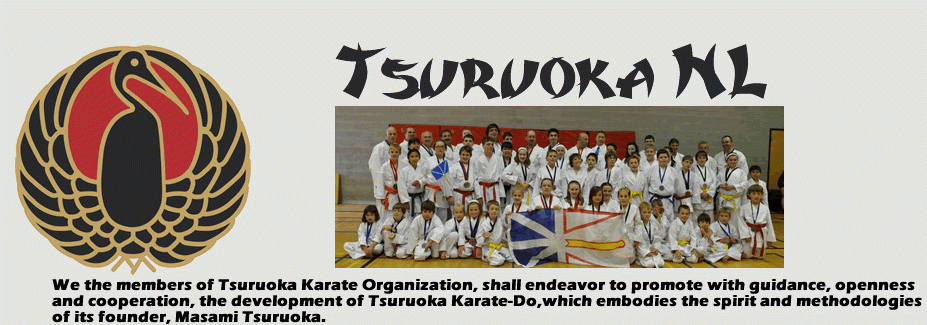The Globe and Mail has published an article on O’Sensei Masami Tsuruoka in the “Lives Lived” section today, Tuesday, January 27, 2015. The link to their site can be found here.
If you are unable to read the article, the contents are re-printed here.
 | Lives Lived: Masami Tsuruoka, 85 FRANK FOULKES Contributed to The Globe and Mail Published Tuesday, Jan. 27 2015, 12:01 AM EST Last updated Monday, Jan. 26 2015, 4:34 PM EST |
Masami Tsuruoka, known internationally as the father of Canadian karate, continued training and teaching, despite his failing health, up to the time of his death. “You can rest when you’re dead,” he always said. He practiced what he preached.Karate master, father, grandfather. Born on Jan. 12, 1929, in Cumberland, B.C.; died on Oct. 10, 2014, in Toronto, of a heart attack, aged 85.
Masami discovered karate as a teenager, in troubled times. He and his siblings, along with their widowed father, were among the thousands of Japanese-Canadians interned during the Second World War. They had to give up their Vancouver Island home and were moved to New Denver, B.C., for the duration of the war. When it ended, his father decided to return to Japan, to Kumamoto, taking his youngest daughter and Masami with him.
Conditions in bombed-out Japanese cities were extremely harsh, with people living in shacks and tents. Young Masami was picked on because he was skinny, and foreign-born. Determined to become stronger, the teenager began to learn judo. But while on a trip to Tokyo, he chanced upon a karate demonstration in a park and was so impressed that he started studying with Tsuyoshi Chitose, founder of Chito-ryu karate.
After a while, Masami found a job as a translator and guide for the American occupation forces, and lived in the U.S. military camp. That’s where he met Kay Fukuda, who was working as a typist at the camp. They soon married and had two sons, David and Kazumi.
By 1956, having attained the rank of 2nd dan in karate and 1st dan in judo, he decided to return to Canada, moving his young family to Toronto. Within two years, while working at two day jobs, he opened his own karate dojo in an old bowling alley in the city’s west end. With Kay running the business side of things, he taught karate seven days a week. Thus began the Tsuruoka Karate School, the country’s first karate dojo.
In 1962, he became the chief representative of Chito-ryu karate in North America. That same year, he organized the First Canadian Karate Championship in Toronto. The 1963 event was so large it was held at Varsity Arena, its venue for many years, attracting competitors from Canada, the United States and Japan. In 1963, he also began teaching karate at the University of Toronto, which became the first university karate club in Canada. He experimented with many styles of karate as well as tai chi and kung fu, incorporating useful techniques into what was becoming his own style of karate.
In 1964, he formed the National Karate Association (now Karate Canada) and 10 years later was instrumental in founding Karate Ontario. In 1995, he created the Tsuruoka Karate Federation (now the Tsuruoka Karate Organization) to unify the various provincial Tsuruoka karate groups. Over the years, he received many honours and awards, among them the 1967 Centennial Medal, the Queen’s 25th Anniversary Medal (1977), the Queen’s Golden Anniversary Medal (1992), the Order of Ontario (1998), and Grandmaster award in the Canadian Black Belt Hall of Fame (2006).
Off the dojo floor Tsuruoka Sensei was friendly, amiable and somewhat quiet. But on the floor, he was a tiger and a master psychologist. Thousands of people from all walks of life trained under his firm hand, and many of his students have been instrumental in the spread and development of karate in Canada.
Tsuruoka Sensei instilled a sense of self-discipline in his students, showing them they were capable of going much further than they ever thought possible. He was always more interested in the development of their character than whether they won trophies in competitions. Perhaps that is why so many studied with him for decades, learning from his spirit and integrity.
Frank Foulkes trained under Masami Tsuruoka for 51 years.
